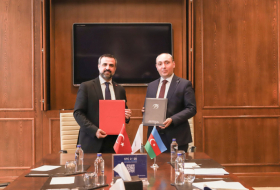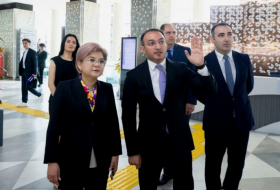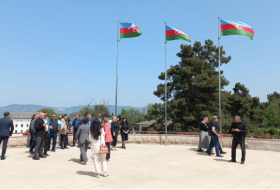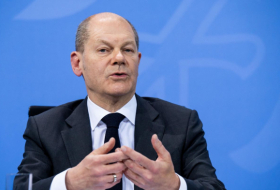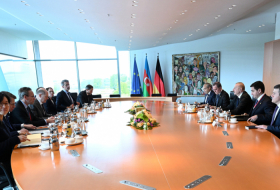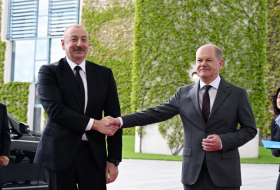Summit goes soft on China over sea dispute
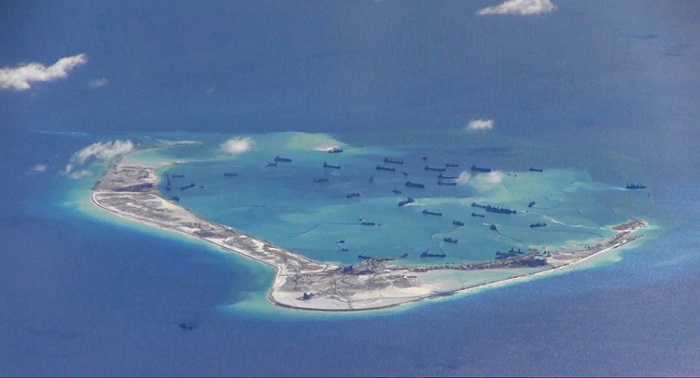
Together, they are meeting in the East Asia Summit in the Laotian capital.
"We reaffirmed the importance of maintaining peace, stability and security and freedom of navigation in and over-flight in the South China Sea," said the draft of the declaration. The six-page, 28-point declaration devoted one paragraph to the South China Sea.
"Several Leaders remained seriously concerned over recent developments in the South China Sea ... We stressed the importance for the parties concerned to resolve their disputes by peaceful means, in accordance with universally recognized principles of international laws," it said.
The statement made no mention of the land reclamation activities by China, which has turned shoals and coral reefs into seven man-made islands with and built airstrips capable of handling military aircraft on three of them. ASEAN leaders at their earlier summit on Tuesday expressed concern over China`s island-building.
The ASEAN leaders had also said that their summit "took note of the concerns expressed by some leaders on the land reclamations and escalation of activities in the area, which have eroded trust and confidence, increased tensions and may undermine peace, security and stability in the region."
The use of the phrase "some leaders" in the two statements underscores the fundamental problem ASEAN and the wider East Asia Summit has in dealing with China — not all its members are willing to scold Beijing. Cambodia, for example, remains firmly in China`s camp, as is Laos to a large extent, preventing any robust statement from the consensus-bound ASEAN group.
The issue of ownership of territories in the South China Sea has come to dominate ASEAN summits in recent years. China claims virtually the entire sea as its own, citing historical reasons. That has pitted it against the Philippines, Vietnam, Malaysia and Brunei, all members of ASEAN, which have overlapping claims.
On July 12, an international arbitration tribunal hearing a complaint filed by the Philippines ruled against China, saying its expansive claims were illegal. It also rebuked China for forcibly preventing Filipinos from fishing in their traditional areas.
Beijing has rejected the ruling and continued its activities. The ASEAN statement and the draft East Asia Summit statement made no mention of the tribunal.
On Wednesday, the Philippines released what it says are surveillance pictures of Chinese coast guard ships and barges at the disputed Scarborough Shoal, an apparent attempt to publicize its concerns before ASEAN leaders met with Chinese Premier Li Kequiang in Vientiane.
The Philippines is concerned that China may plan to turn the shoal into another man-made island.
But Chinese Foreign Ministry spokeswoman Hua Chunying said China has not done anything to alter the circumstances surrounding the shoal.
"What I can tell you is that the situation in waters near Huangyan Island remains unchanged and China hasn`t made any new moves," Hua said in Beijing, using the shoal`s Chinese name. "We should be highly alert against the mischief-making intentions of people who spread such groundless information in such situations."
New Philippine President Rodrigo Duterte has taken a more conciliatory approach to China than his predecessor, and has said he would not raise the dispute in an adversarial manner that might upset Beijing.
The U.S. military has also expressed concern over the possibility that China might turn Scarborough into another island, something that would give Beijing`s forces greater control over a swath of the South China Sea used as a passageway to the Taiwan Strait.










